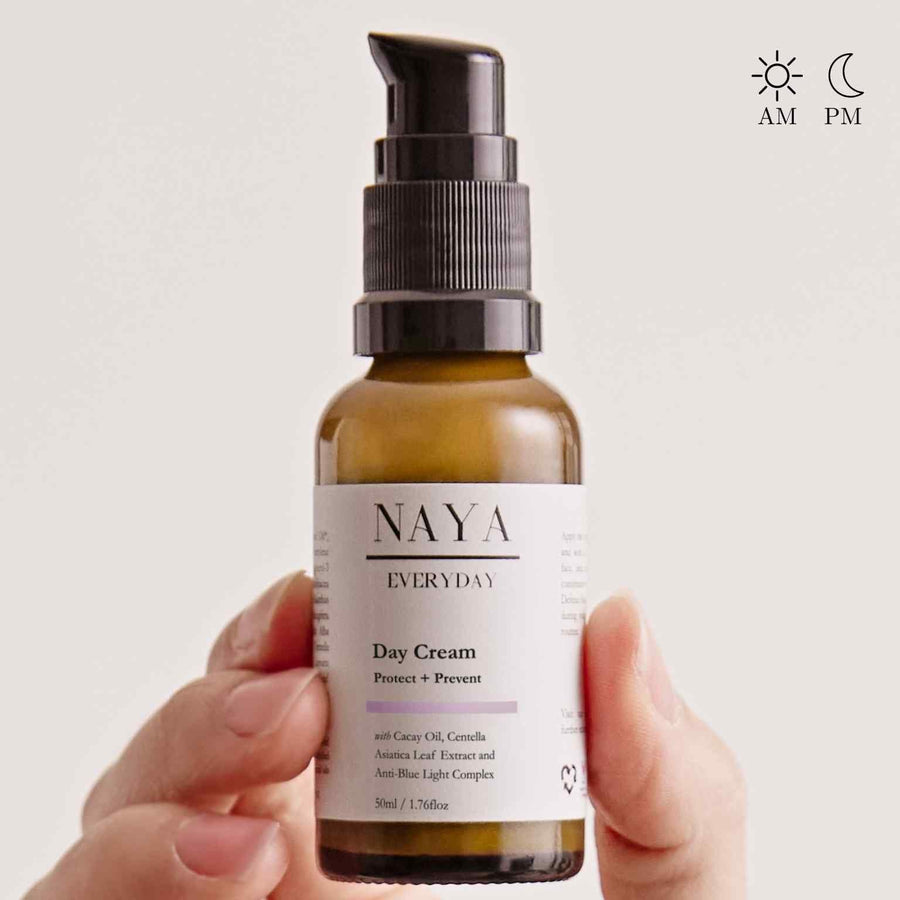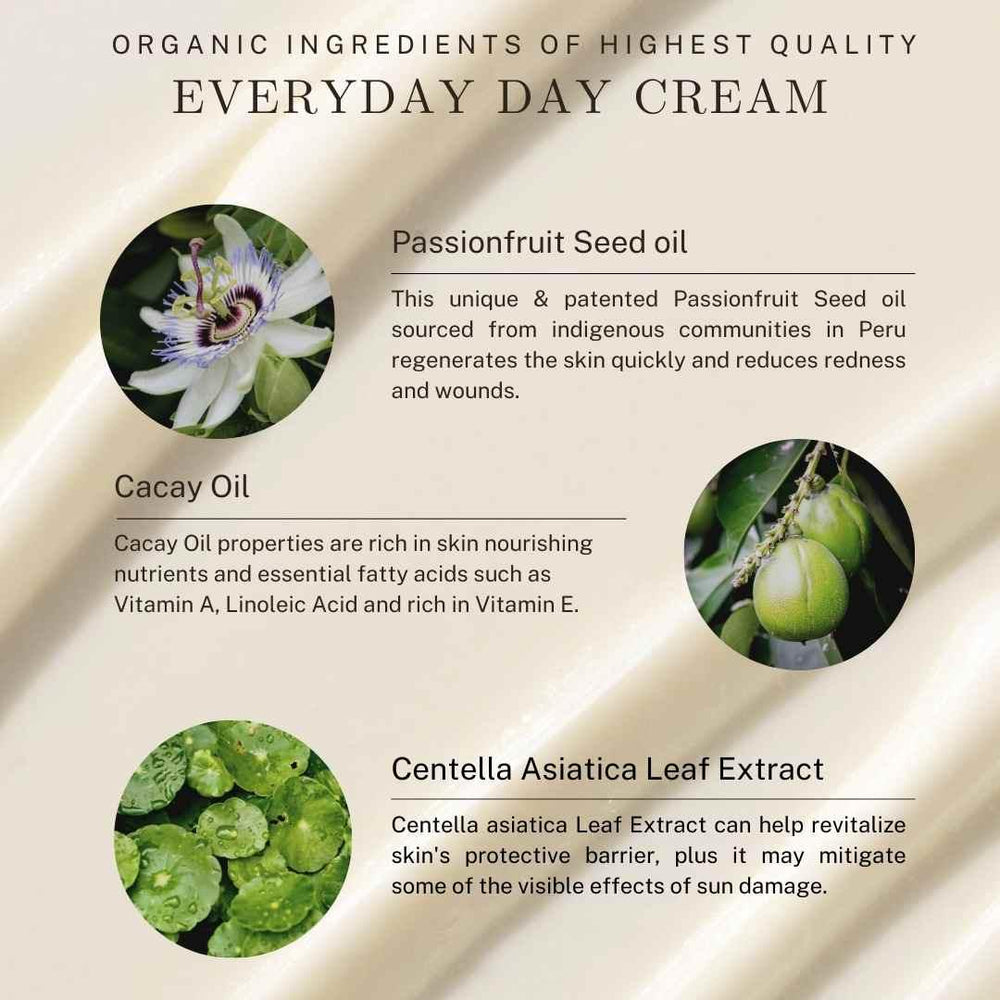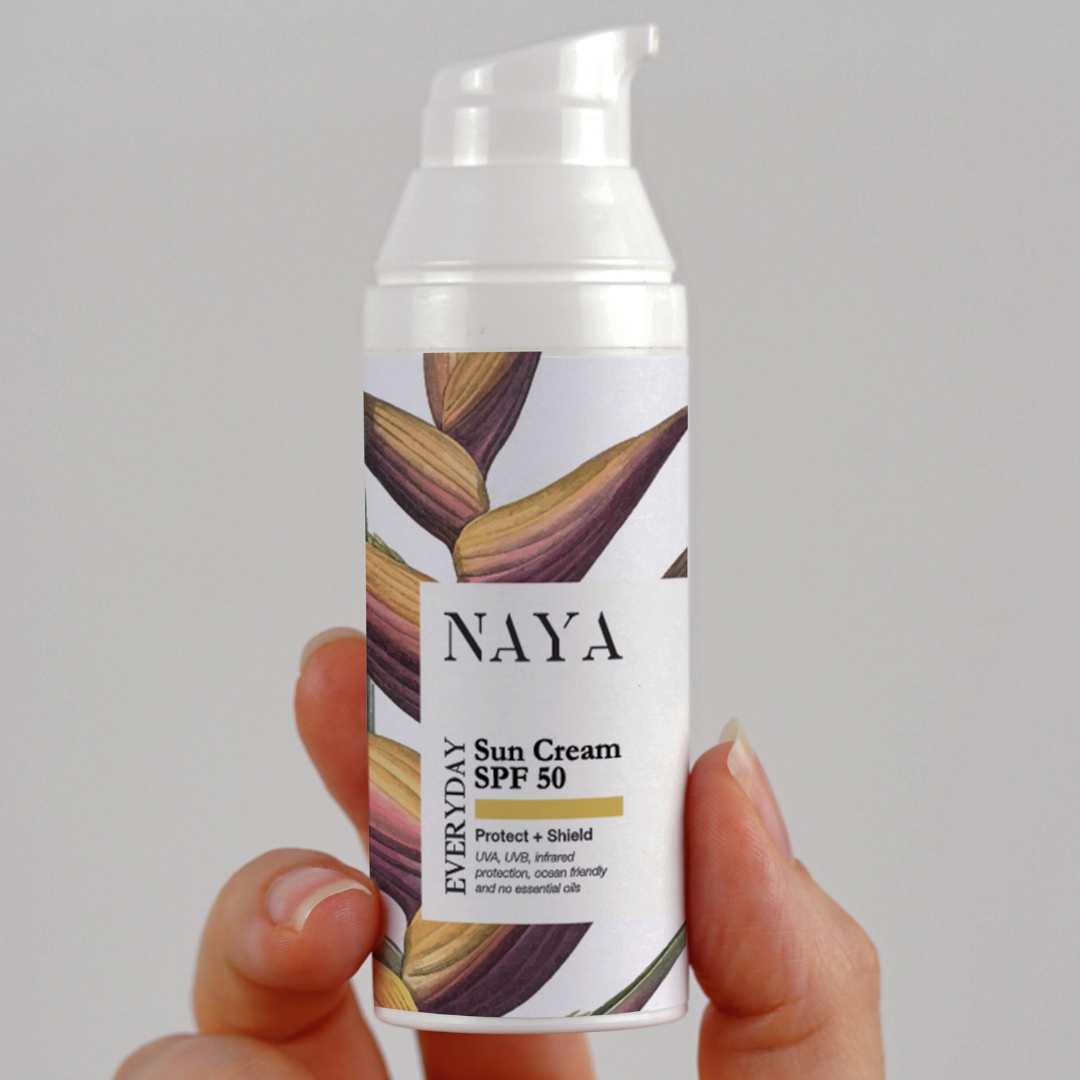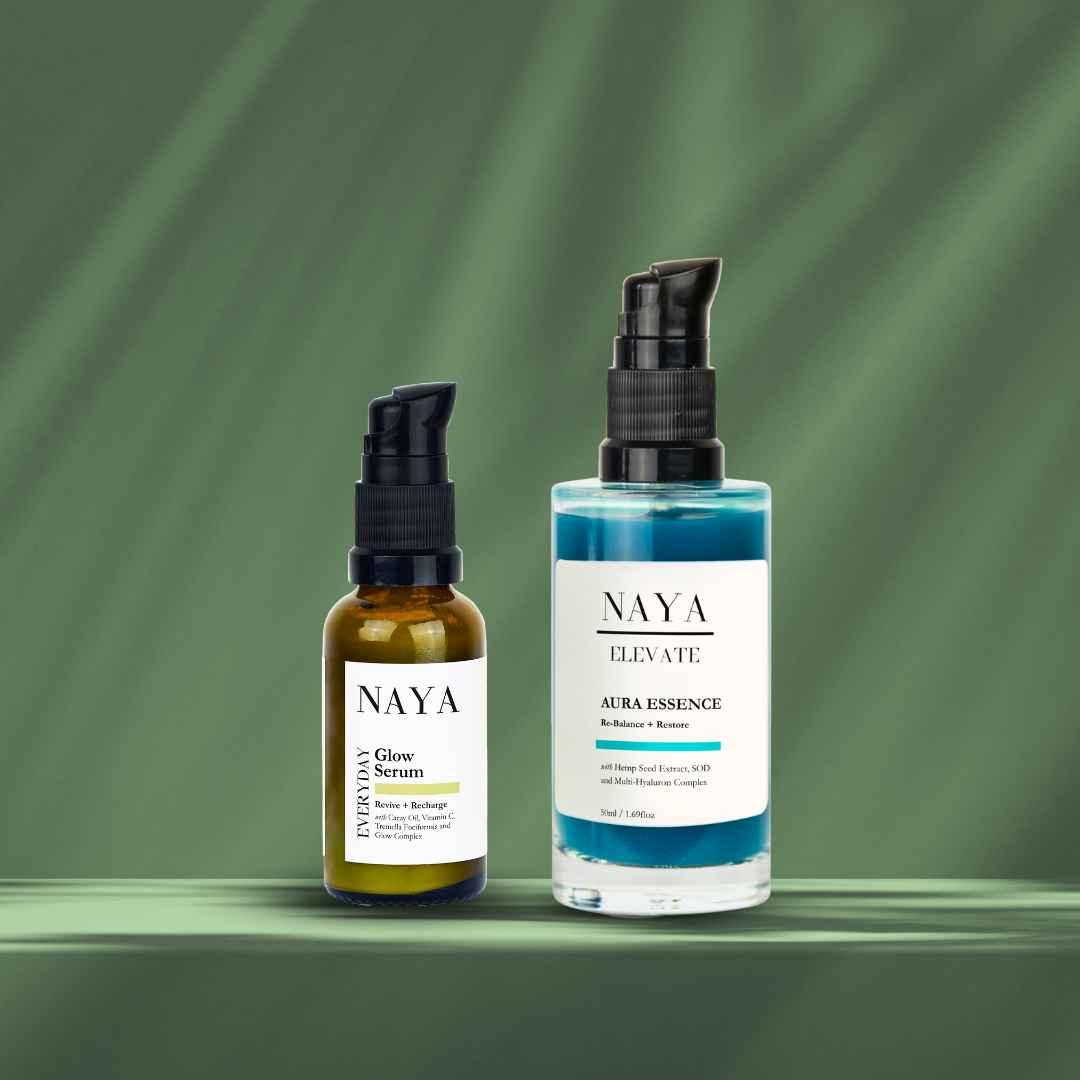Unveiling the Secrets of Soft Lips: Why They're Delicate & Prone to Chapping
Want You to Use Lip Scrubs to slough away flaky skin?
Then read the below first before making this purchase decision.
Winter's frosty grip isn't just hard on sidewalks – it wreaks havoc on our lips too! Dryness, flakiness, and chapping become unwelcome companions, leaving us reaching for lip balms in desperation. But hold on before you grab that scrub or toothbrush (ouch!). These common practices might actually be making things worse!
I get it, I've been there. Years of battling winter lip woes led me down familiar paths: the tempting lip scrub, the DIY toothbrush exfoliation (cringe!), and the seemingly foolproof lip balm routine. But here's the thing: sometimes, popular solutions can backfire.
And that is when I have to say: STOP!
Our Kissable Canvas: Why Lips are Different (and Irresistibly So!)
Our lips, those captivating little portals to expression, hold a unique place on our faces. They whisper secrets, shout laughter, and paint silent poems of desire – it's no wonder they stand out from the rest of our skin! But have you ever stopped to wonder why they're so soft, supple, and prone to blushing red, while our foreheads remain stubbornly beige and impervious to chapping?
Well, buckle up, beauty detectives! The answer lies in a fascinating blend of anatomy and function.
Intrigued by the science behind your alluring pout? Stay tuned, because in the next section, we'll dive deeper into the unique features that make lips not just expressive, but also fascinatingly complex!
Why They're Different & Uniquely Beautiful
Our lips stand out as captivating contrasts to the rest of our skin. Why? It all boils down to their remarkably thin structure. While regular skin boasts three distinct layers (epidermis, dermis, and the protective outer stratum corneum), lips shed the outermost layer, leaving them exceptionally delicate and permeable.
This lack of the stratum corneum, packed with dead cells that shield us from the environment, exposes the rich network of blood vessels in the dermis. These vessels, unmasked by melanin (the pigment produced by melanocytes in the epidermis), paint our lips in their signature soft pink-red hue.
Intrigued by the science behind your alluring smile?
Here's a deeper dive:
- Thinner epidermis: Compared to regular skin, the epidermis is significantly thinner on lips, further amplifying the blood vessel effect.
- No melanin production: Unlike most skin, lips lack melanocytes, meaning they can't produce melanin to darken or bronze under the sun.
This unique combination of reduced protective layers and absent melanin makes lips both exceptionally sensitive and captivatingly coloured. So, the next time you admire your kissable pout, remember the fascinating science that sculpts their alluring beauty!
And why do they feel so incredible soft?
Ever wonder why your lips feel so different from the rest of your skin? The answer lies in their remarkably thin structure and unique lack of essential features. Unlike regular skin, protected by a sturdy stratum corneum, lips have a razor-thin outer layer, making them exceptionally soft and vulnerable.
But that's not all! Unlike most skin, lips lack hair follicles and sebaceous glands. Hair follicles add texture and contribute to skin's strength, while sebaceous glands produce vital oils for hydration. Without these built-in protectors, lips rely solely on saliva for moisture, leaving them susceptible to dryness and chapping.
Here's why your lips need extra TLC:
- Thin stratum corneum: This outer layer, usually tough and protective, is practically absent on lips, exposing them to the elements.
- No hair follicles: Unlike scalp or arms, lips lack hair follicles, which contribute to texture and act as tiny insulation units.
- Missing sebaceous glands: Unlike most skin, lips lack these oil-producing glands, relying solely on saliva for moisture, which evaporates easily.
This combination of reduced protection and limited hydration makes lips both delightfully soft and remarkably prone to chapping. So, the next time you reach for your lip balm, remember the fascinating science that shapes their delicate beauty and vulnerability!
How do I look after my chapped, dry skin?
Treating Chapped Lips the Gentle Way
Forget rough exfoliation and harsh scrubs – your delicate lips deserve TLC, not sandpaper! Unlike your tougher facial skin, your lips boast a unique ultra-thin top layer (think one-third the thickness!) that lacks the usual build-up of dead cells. This makes them exceptionally vulnerable, and scrubbing can actually strip away their precious protective barrier, worsening dryness and even inviting irritation.
So, why do we instinctively reach for the scrub? Marketing magic, perhaps, but when it comes to lips, hydration is the hero, not abrasion. Think of it like this: you wouldn't sand down a delicate painting, would you?
Step 1: Hydrate Like a Pro
Since your lips are early warning signs of facial dehydration, the first step is to drench them in moisture. A gentle, hydrating serum works wonders, especially for flaky skin. Remember, tearing or inflammation in this thin layer can worsen dryness and even trigger cold sores, so be kind to your pout!
Step 2: Seal the Deal with Nourishment
Once you've quenched your lips' thirst, ditch the scrub and opt for a rich, nourishing moisturizer, serum, balm or oil. Think mango butter, hyaluronic acid, and other skin-loving ingredients that lock in moisture and soothe irritation.
Remember: Your lips are kissably soft for a reason – treat them with the gentle care they deserve, and say goodbye to chapped woes!
One final skincare tip
We've all been there: a dry lip begs for moisture, and instinctively, the tongue darts out. But hold on! Licking your lips might seem like a quick fix, but it's actually a one-way ticket to chapped city.
Here's why:
- Fleeting Hydration: Saliva's moisture evaporates surprisingly quickly, leaving lips parched and even drier than before.
- Enzyme Attack: Saliva packs a hidden punch - harsh enzymes meant for food breakdown can irritate the delicate lip skin, causing discomfort and dryness.
- Lingering Irritation: These enzymes don't vanish with the moisture. They stick around, further aggravating and chapping your already vulnerable lips.
Remember, your lips deserve some TLC! By understanding the science behind licking's harmful effects and adopting these simple tips, you can unlock a world of soft, kissable lips.
Final thought









Leave a comment